Hopes for peaceful settlement of the Russia-Ukraine tensions have risen as intense diplomatic efforts to alleviate the current crisis have moved into high gear.
Russia's Permanent Representative to the European Union Vladimir Chizhov told the BBC that Russia still believes "diplomacy can help" ease the Ukraine tensions, reiterating that Moscow has no intention of invading any country, while warning that it is important not to provoke Russia into changing its mind.
Gennady Gatilov, Russia's permanent representative to the United Nations Office in Geneva, also said in a recent interview with Russia's Sputnik news agency that Russia does not plan to invade Ukraine.
"Western officials and analysts are probably at a loss when decoding quite unambiguous statements of the Russian leadership. So I will repeat: Russia does not and did not have plans to invade Ukraine. There is no motive or geostrategic goal in this," Gatilov said.
Britian has intensified diplomatic actions, with Foreign Secretary Liz Truss flying Wednesday to Moscow, seeking to defuse the Russia-Ukraine tensions and warning that an invasion would bring "massive consequences for all involved."
"Russia has a choice here. We strongly encourage them to engage, de-escalate and choose the path of diplomacy," Truss said ahead of departing on the first visit to Moscow.
More upbeat voices have emerged from Paris, as French President Emmanuel Macron said he glimpsed a way forward towards easing the tensions after separate meetings with Russian President Vladimir Putin in Moscow on Monday and Ukrainian President Volodymyr Zelensky in Kiev the next day.
At a joint press conference with Putin following their hours-long talks in the Kremlin, Macron said that he believes there is still an opportunity to find a peaceful path for Europe, where new mechanisms are needed to ensure security and existing pacts are preserved.
Putin at the briefing said Russia's core concerns on security were ignored by the United States and the North Atlantic Treaty Organization (NATO), while the military alliance attempts to lecture Russia on where and how to place its armed forces.
Putin reiterated Russia's opposition to NATO's eastward expansion, adding that Kiev refuses to comply with the 2015 Minsk agreements on a peaceful settlement of the Ukrainian issue and is even attempting to dismantle the deals.
On Wednesday, Macron briefed U.S. President Joe Biden on his talks with Putin and Zelensky, the White House said.
In a meeting with visiting German Chancellor Olaf Scholz in Washington on Monday, Biden threatened to "bring an end to" Nord Stream 2, a key Russian natural gas pipeline to Germany, if Russia invades Ukraine.
On his first trip to Washington since becoming chancellor, Scholz said, "We will act together. And we will take all the necessary steps, and all the necessary steps will be done by all of us together."
Scholz will be in Moscow and Kiev next week for talks with Putin and Zelensky.
Several Western countries have accused Moscow of having amassed troops near the Ukrainian border, stoking fears of a Russian "invasion."
Moscow denied the accusation, saying that Russia has the right to mobilize troops within its borders to defend its territory as NATO's activities constitute a threat to Russia's border security.
On Tuesday, Zelensky voiced his hope that the next meeting of leaders of the Normandy Four, which includes Ukraine, France, Germany and Russia, would take place "in the near future."
"An important step in this direction is the intensification of dialogue at the level of political advisers. We hope that the meeting in Paris, which took place on Jan. 26, 2022, and the upcoming talks in Berlin will bring us closer to holding the Normandy Summit," Zelensky was quoted as saying by his press service.









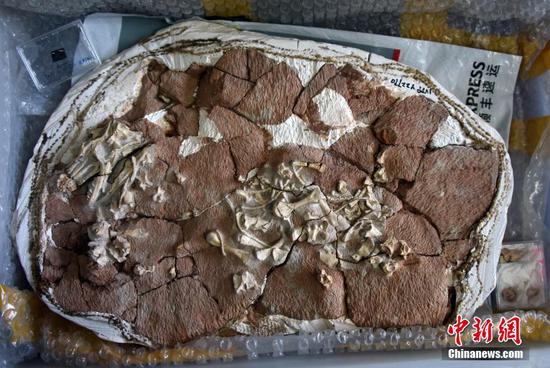




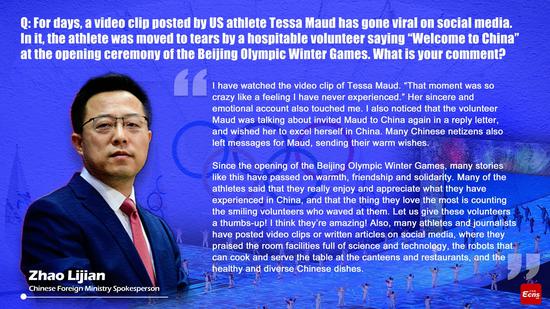
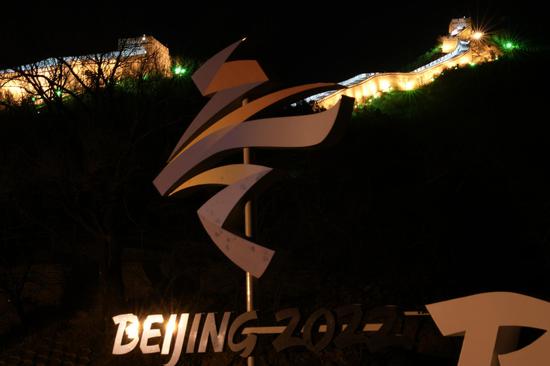
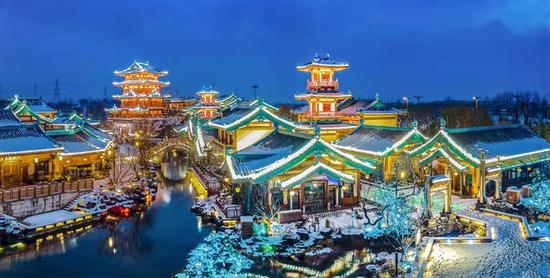
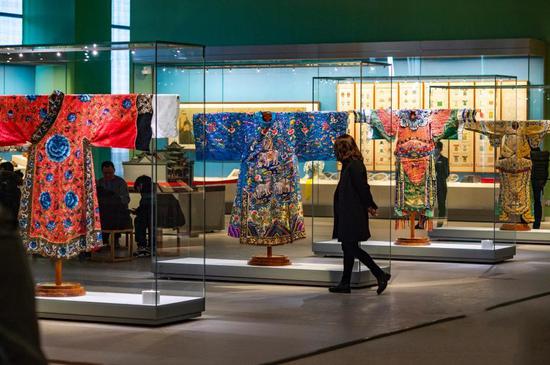

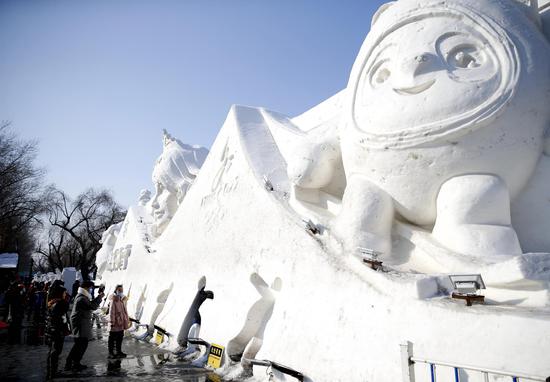



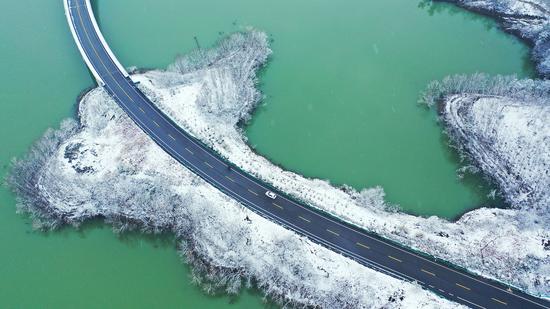
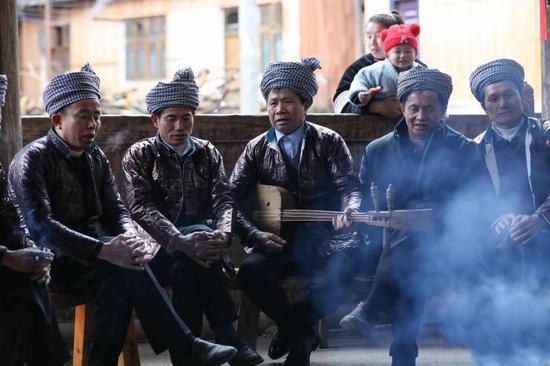
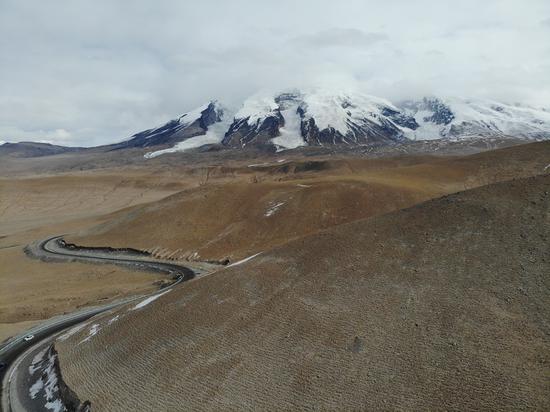
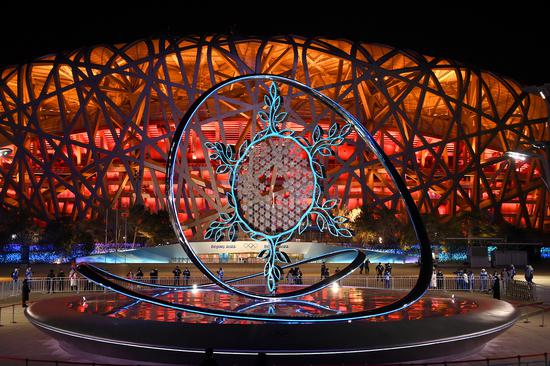

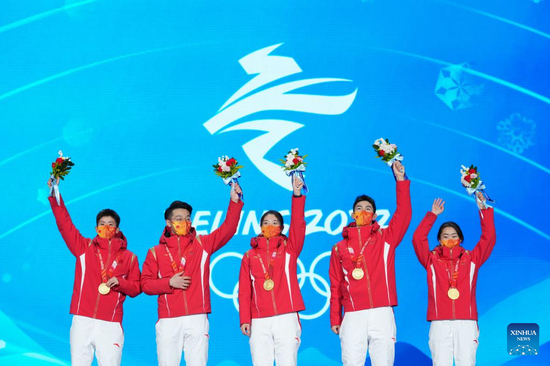
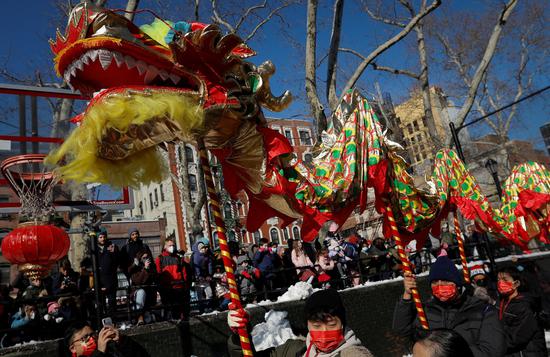
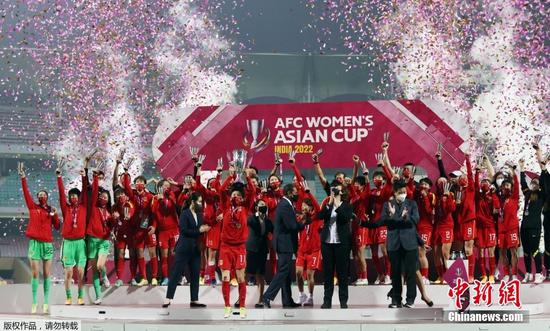
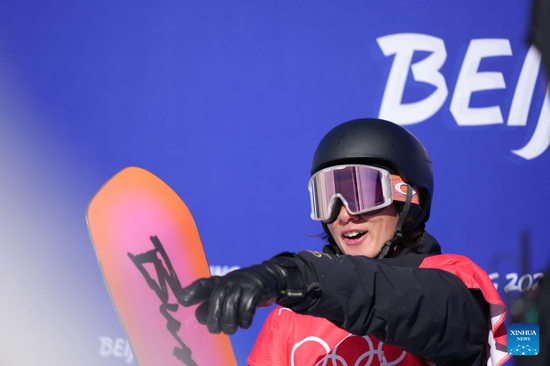




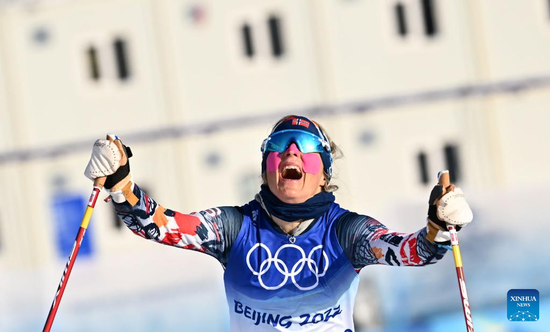




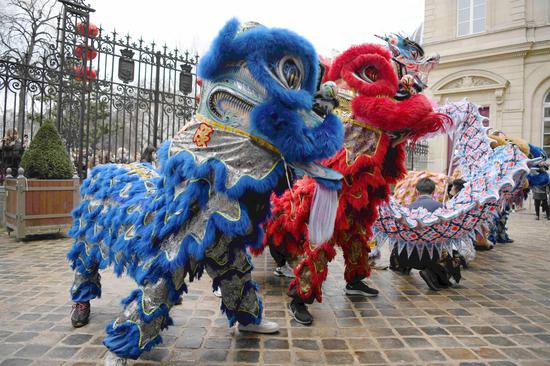
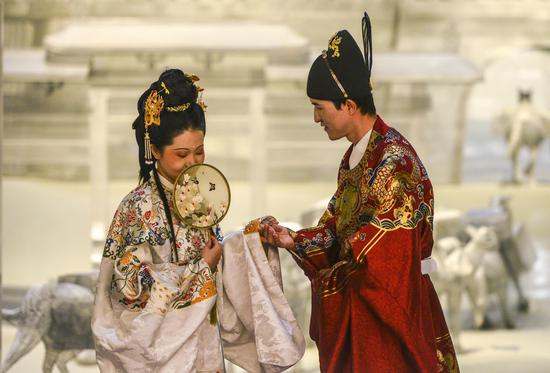
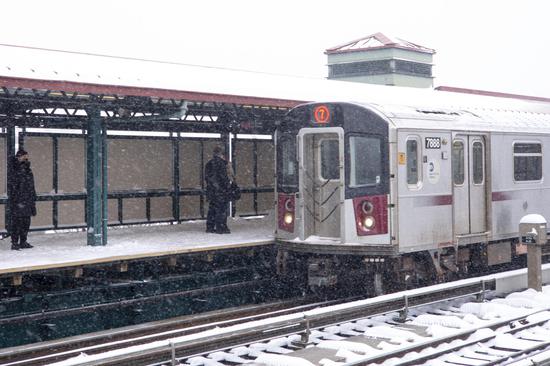
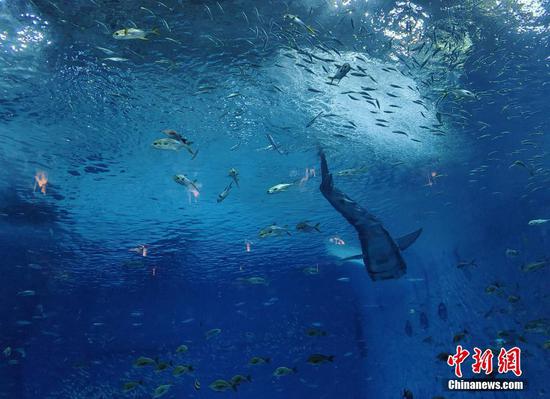





 京公网安备 11010202009201号
京公网安备 11010202009201号